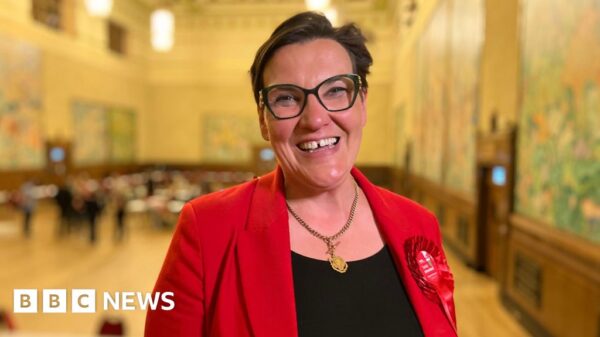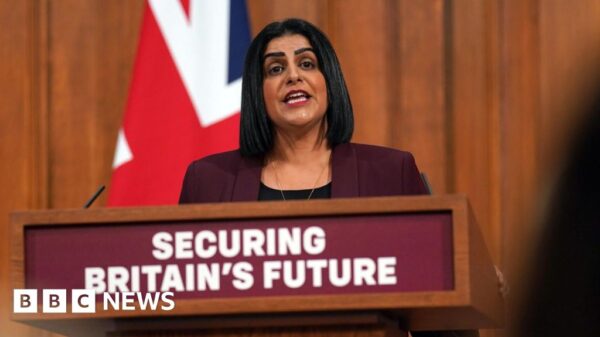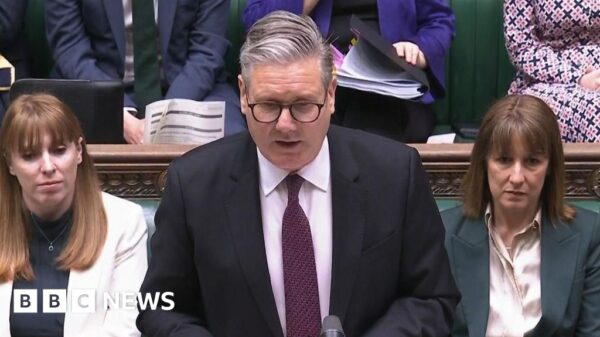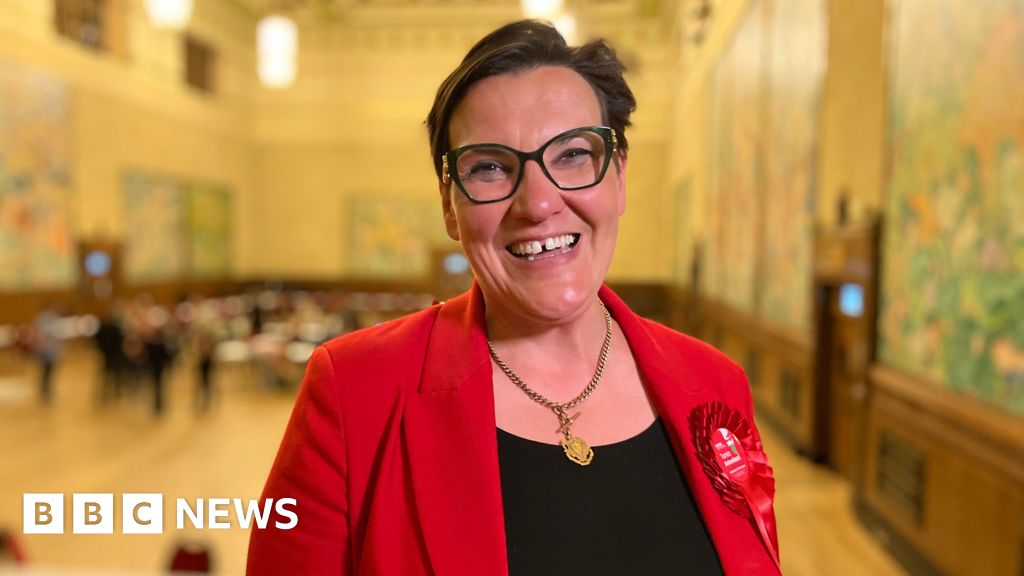A Labour MP has launched a bid to decriminalise abortions, after campaigners revealed estimates that police have prosecuted more than 100 women under abortion laws in recent years.
Abortion remains a criminal offence in England and Wales unless under strict circumstances – including taking place before 24 weeks into the pregnancy with the approval of two doctors – under a 164-year-old law.
Tonia Antoniazzi, Labour MP for Gower, tabled an amendment to the Crime and Policing Bill to decriminalise the process without “changing anything about provision of abortion care”.
Antoniazzi said the current situation was “unacceptable” and led to police prosecuting vulnerable women.
Nearly 60 MPs from Labour, the Conservatives, Liberal Democrats, Green Party and Plaid Cymru have put their names to Antoniazzi’s amendment.
MPs had been due to debate similar amendments last year, but Parliament was dissolved for the general election before this could take place.
Last year a BBC investigation found an unprecedented number of women are being investigated by police on suspicion of illegally ending a pregnancy.
Some investigations followed natural pregnancy loss, the report by File on 4 found.
Pregnancy loss is investigated only if credible evidence suggests a crime, according to the National Police Chiefs’ Council.
The issue was in the news again this week when Nicola Packer, 45, was cleared by a jury of “unlawfully administering” herself with abortion pills at home during a coronavirus lockdown in 2020.
She had taken prescribed abortion medicine when she was around 26 weeks pregnant, beyond the legal limit of 10 weeks for taking such medication at home. She told jurors she did not realise she had been pregnant for more than 10 weeks.
The Royal College of Obstetricians and Gynaecologists (RCOG) said Ms Packer’s trial demonstrated “just how outdated and harmful” current abortion law was and called for reform.
RCOG are among several royal medical colleges, charities and trade unions backing Antoniazzi’s amendment.
Records collected by the UK’s largest abortion services have found at least 100 women have been investigated for having an abortion in the last five years.
Of those, six have appeared in court according to data collected by British Pregnancy Advisory Group (Bpas), National Unplanned Pregnancy Advisory Service (NUPAS) and MSI abortion services.
Antoniazzi said: “There is simply no world in which prosecuting a vulnerable woman who may have experienced a medical complication, miscarriage or stillbirth is the right course of action.”
She said her amendment, laid before Parliament on Tuesday, is “tightly drawn – not changing anything about provision of abortion care, the time limit, the right to conscientious objection or any other aspects of abortion law”.
She added: “I am confident that, when Parliament has the opportunity to vote on these proposals, my colleagues will agree that never again should a woman be prosecuted for ending her own pregnancy in England and Wales.”
The amendment follows repeated calls to repeal sections of the Offences Against the Person Act 1861.
Abortions were completely illegal under 19th Century law until it was modified by the 1967 Abortion Act, which initially allowed them to take place up to 28 weeks. This was reduced to 24 weeks in 1990.
Abortions after 24 weeks are allowed only if:
- the woman’s life is in danger
- there is a severe fetal abnormality
- the woman is at risk of grave physical and mental injury
Since 2018, women in England have taken the second abortion pill at home, aligning the rules with Scotland and Wales.
Though the same rules apply in Scotland, it has a distinct healthcare and legal system.
Abortion laws are currently under review in Scotland following appeals from advocacy groups’ to decriminalise the process.
Abortion was decriminalised in Northern Ireland in 2019.
Latest figures show there were 251,377 abortions recorded in England and Wales in 2022 – the highest number since the Abortion Act was introduced and an increase of 17% over the previous year.
About 88% of recorded abortions took place before 10 weeks, after which the procedure must be carried out in an approved clinic or NHS hospital.

































